Elizabeth M. Fink ’67
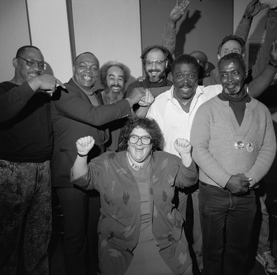
A prominent civil liberties attorney who won a stunning legal victory for the Attica inmates, Liz dedicated her career to seeking justice for the poor and disenfranchised. “Paying clients pay for the nonpaying clients,” she said.
She achieved celebrity in a case that came to her shortly after her degree from Brooklyn Law School, when inmates of New York’s Attica Prison who had been tortured and beaten following the infamous 1971 prison uprising filed a class action suit against the state. As their principal lawyer, Liz doggedly pursued the case for 27 years, until it was settled for $12 million, shared by the 400 surviving inmates.
Self-described as a “red-diaper baby,” Liz was brought up in a Brooklyn home where left-wing causes flourished. At Reed, she was student body president and chaired the student judicial board, once famously barring a student from the library for four years after he hid books on reserve to gain an advantage over classmates. An English literature major, her thesis, Animals, Nature, Outsider, and Infirmity: Symbols as Evokers of D.H. Lawrence’s Vision of Life, was advised by Prof. Thomas Gillcrist [English 1962-2001]. In 2007, Liz credited her time at Reed for preparing her for success as a civil liberties attorney.
She was partial to cases where clients’ political choices had led to battles with the government, and fought to overturn the government’s repression of the Black Panther Party and for the human rights of women held in an experimental sensory-deprivation prison in Kentucky. Under pressure, the unit was closed down.
Once accused of being politically correct, she answered, “I have no idea of what’s politically correct, but I know what’s wrong.” The prosecutor in the trial of Osama Awadallah, a San Diego State University student from Jordan accused of complicity in the 9/11 attacks, accused Elizabeth of jeopardizing the republic. “I think I’d like that on my tombstone,” she said.
Several of Liz’s Reed classmates and friends remembered her thus:
Liz Fink was extreme. She was possibly the most extreme New Yorker of our class. New York City had, Liz gleefully assured us, not only the most people, the tallest skyscrapers, the best bagels, but also the worst traffic, the most crime, and the worst air pollution. “Before there was Beijing, there was Manhattan, with air the equivalent of two packs of cigarettes a day.”
Liz was undeniably large of body, Bella Abzugian without the hats, and also, and more importantly, she was large of élan, of generosity, of courage, of heart.
Liz returned our junior year with a battered gray Chevy station wagon. In that car she hauled us to late-night dinners at Hung Far Low or Flanagan’s. A friend of Liz’s came to visit from New York who’d never seen the Pacific. Liz took her and us on a spur-of-the moment trip to Seaside. By the end of our junior year, the car was missing its rear-seat floorboards. In all those trips I don’t remember Liz ever asking for gas money. I hope we were gracious enough to offer.
Liz loved dogs. She never failed to greet any dog whose path she crossed. Our junior year Liz adopted Sheldon, a black standard poodle. After Reed and after Sheldon came Solomon, another poodle. In her last years, Liz switched from poodles to a Cavalier King Charles spaniel, Sadie. However, Sheldon dominates our memories of Liz at Reed. He helped get the Chevy in shape, too, chewing out all the car’s door padding when first left alone in the car.
Liz was protective of her friends and loyal. Our junior year, Liz got heavily into student government at Reed, and we knew she had our backs. She was elected student body president and was chair of the judicial board. Liz said her stint on the J-Board taught her the most important lesson of any judicial system: if they liked you, you’re OK; if they didn’t, you’re in trouble. Liz was housemates with the Lauras—Laura Stevens ’67 and Laura Tillem ’67; they remained close friends through the years.
Liz loved to read, had great recommendations for procrastinatory reading, i.e., mysteries and popular novels. She loved music, almost all of it, from classical to Dionne Warwick. In the which-sense-could-you-not-stand-losing discussion, Liz would have preferred blindness to deafness. In fact, worried about her poor eyesight, Liz had practiced Braille in high school.
Liz, like many in our class, had a love-hate relationship with Reed. The people and ideas she met at Reed she could love, the institution itself she did not. She compared it to a Procrustean bed, one in which women particularly found themselves deformed or diminished.
Neither deformed nor diminished, Liz did well on the junior qual, putting a good end on an incredibly busy year, and senior year wrote a thesis on D.H. Lawrence.
After Reed, Liz, an unabashed leftist, practiced law in the service of her ideals. In her New York Times obituary one can find details of her tenacity in seeking justice for the Attica brothers, her most famous case. Liz also represented Dhoruba bin Wahad, a New York Black Panther leader who had been framed for the murder of a cop and did 19 years before Liz got him out. Liz also arranged a return to Italy for Silvia Baraldini. The Baraldini case got the attention of some filmmakers. They were aiming for a docudrama, and suggested Kathy Bates to play Liz. “No,” Liz shot back, “Susan Sarandon!”
Liz came to our 30th reunion and brought her friend and partner Frank Smith, also known as Big Black, one of the Attica brothers. Liz was radiant. She wore Joy perfume, and was irrepressibly herself. We will miss her.
Contributing to these notes were Laura Tillem ’67, Laura Stevens ’67, Amelia Hard ’67, Prof. Fred Hard [English 1962-70], Ron Sharrin ’67, and Anita Bigelow ’67.
Appeared in Reed magazine: March 2016
comments powered by DisqusFrom the Archives: The Lives they Led
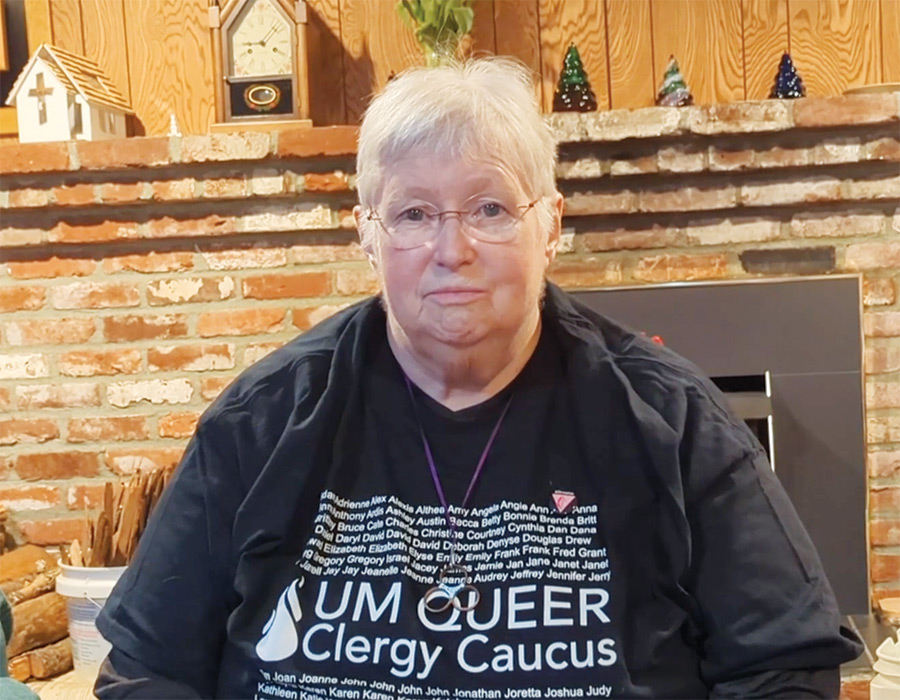
Jeanne Knepper ’69
The First Openly Gay Woman to Be Ordained and Appointed Within the Oregon-Idaho Conference of the United Methodist Church
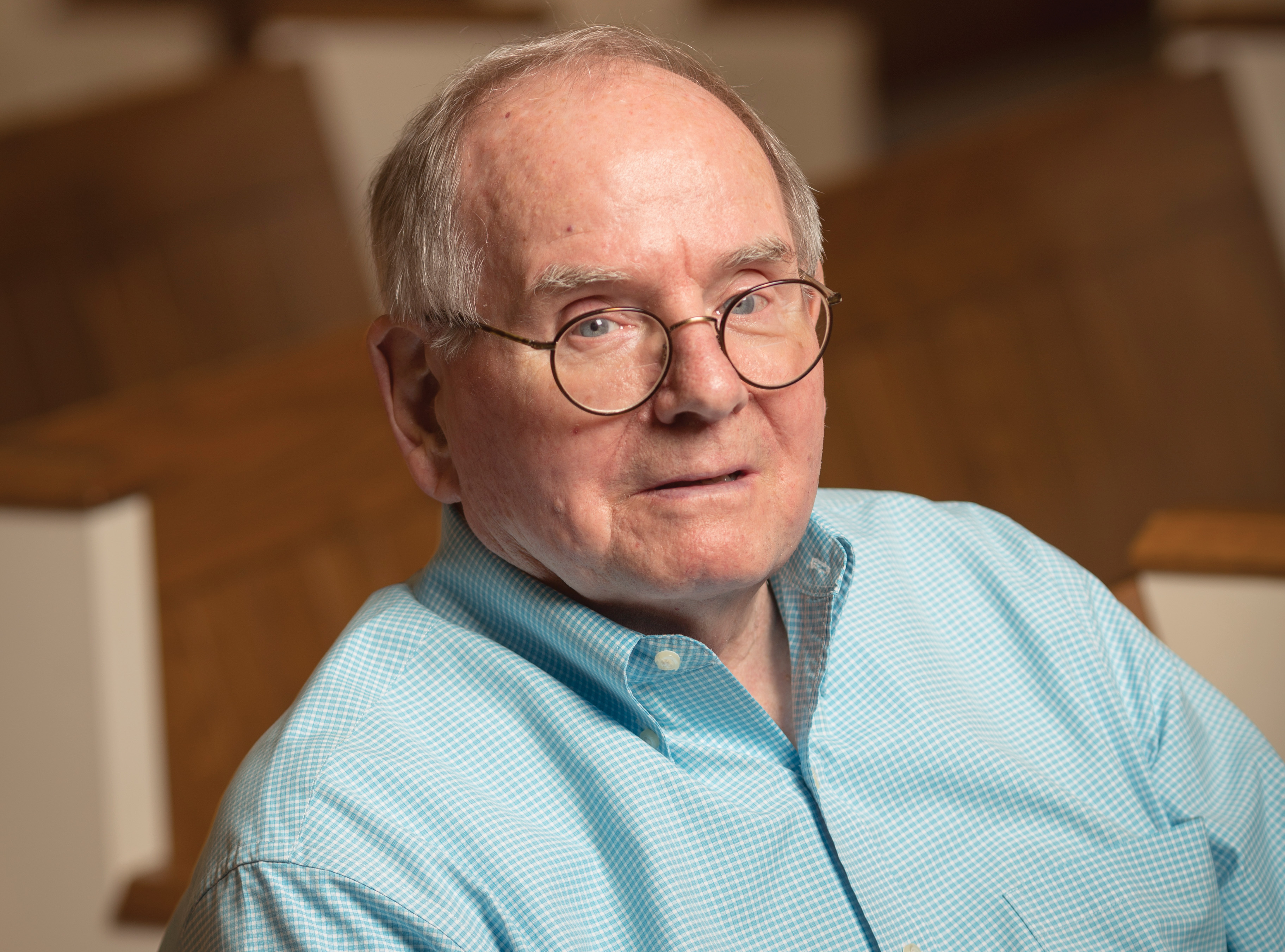
William Haden
As Acting President of Reed, He Strengthened the College's Finances and Alumni Relations
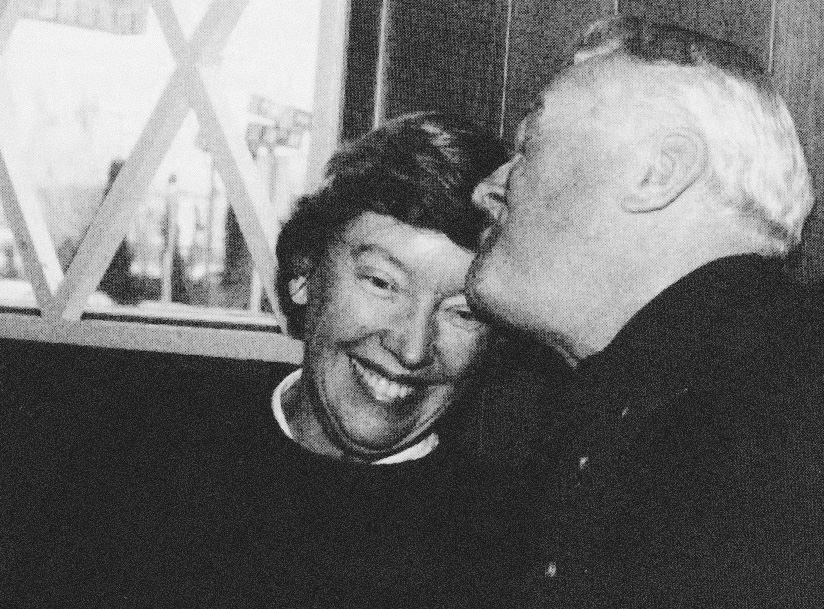
Nancy Horton Bragdon
Reed’s First Lady Whose Warmth and Leadership Were Invaluable During a Turbulent Time

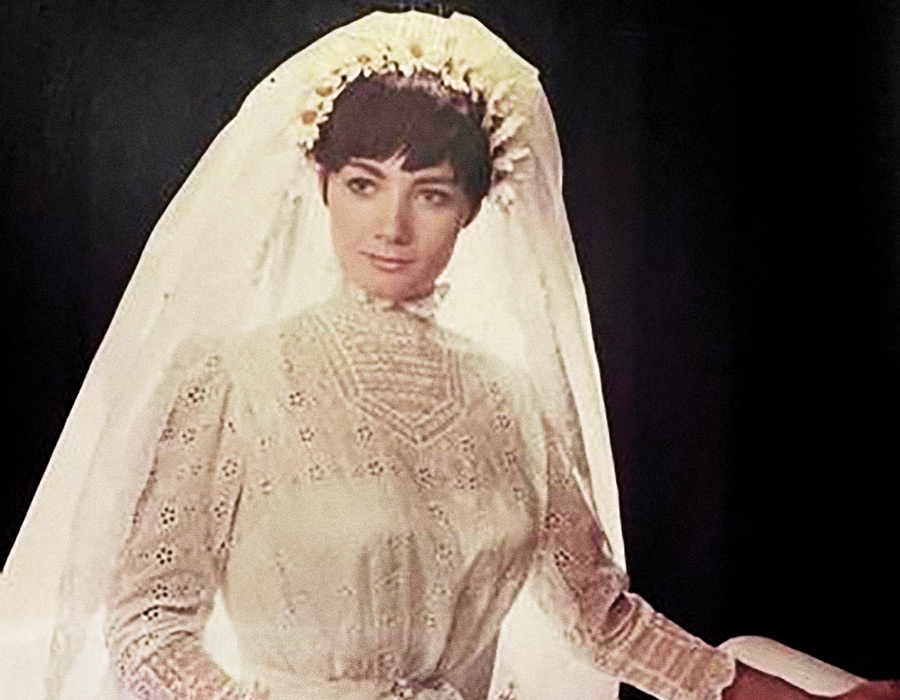

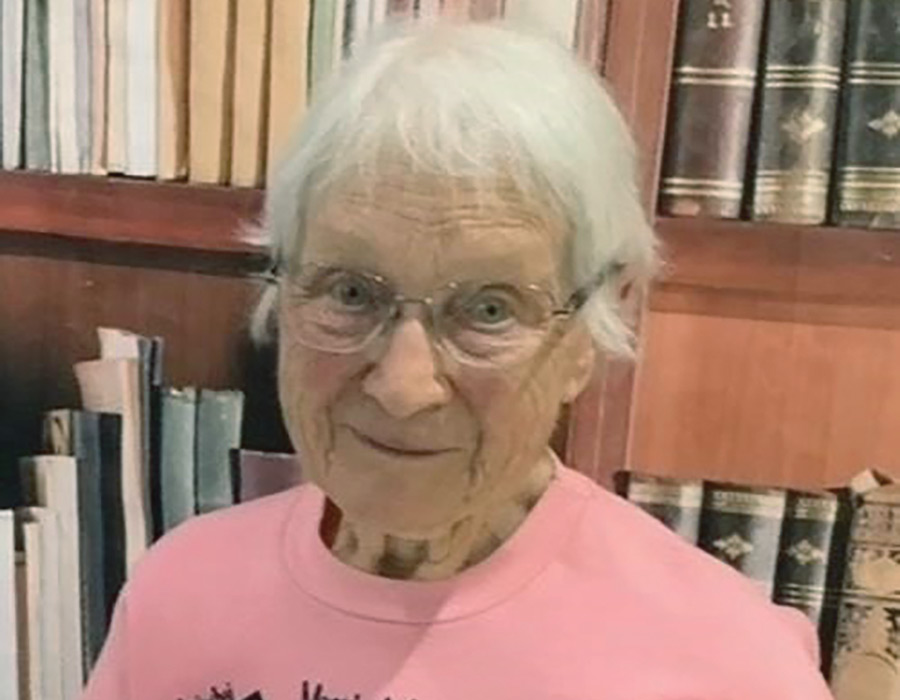
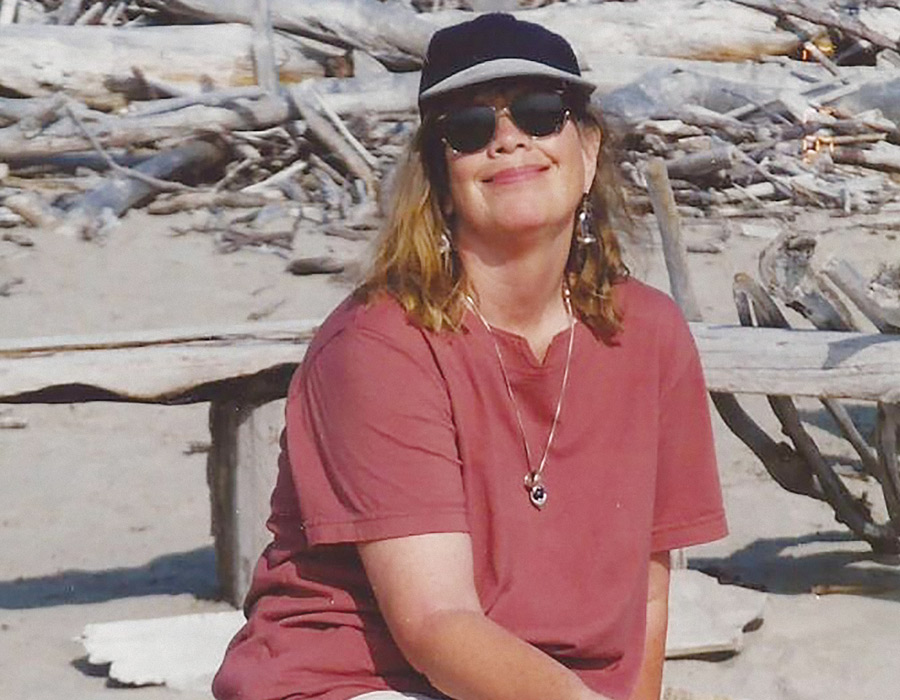
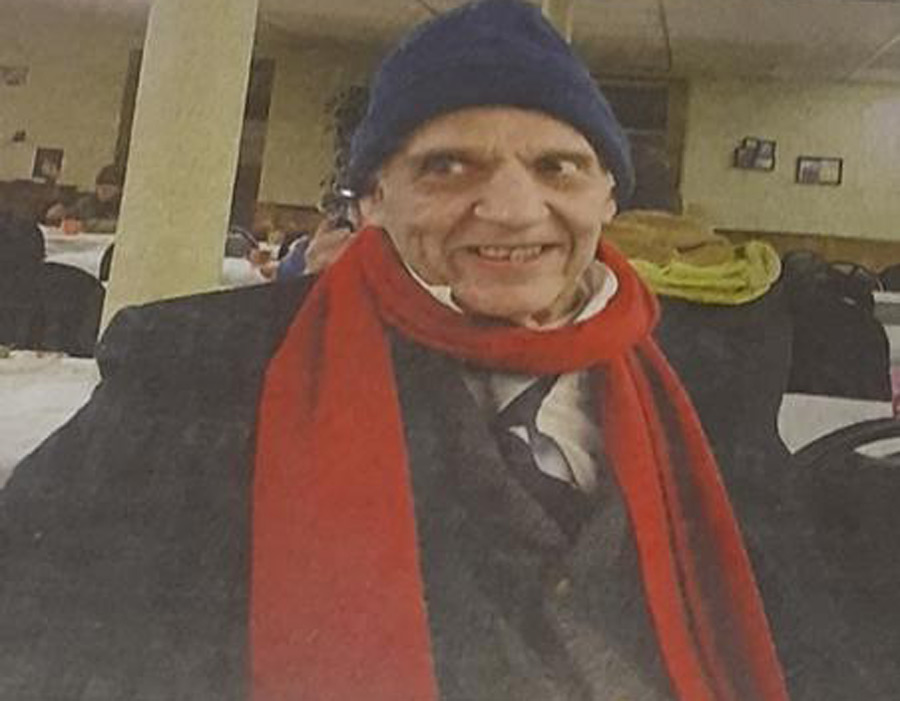
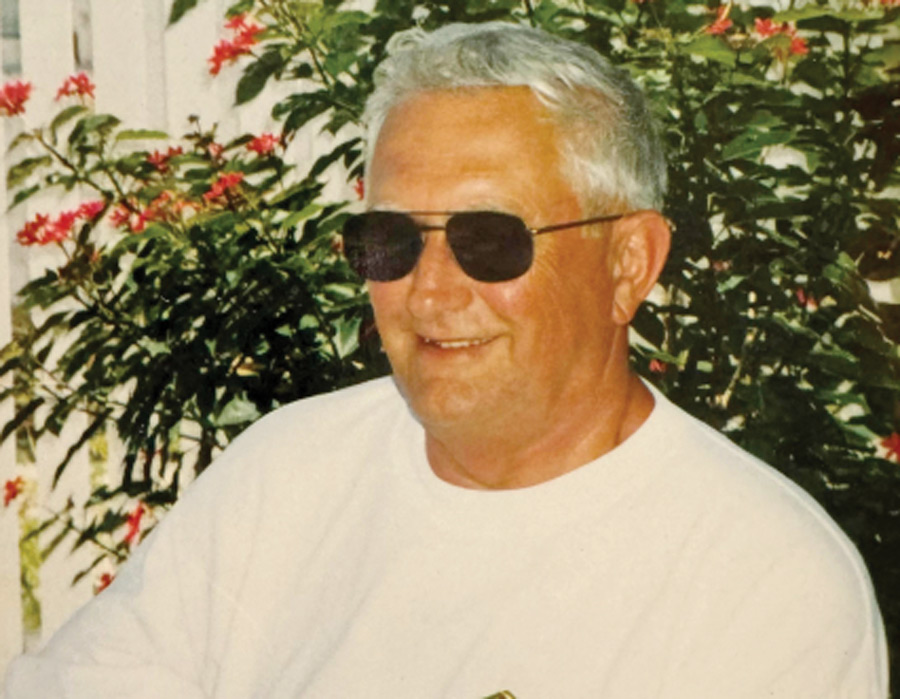
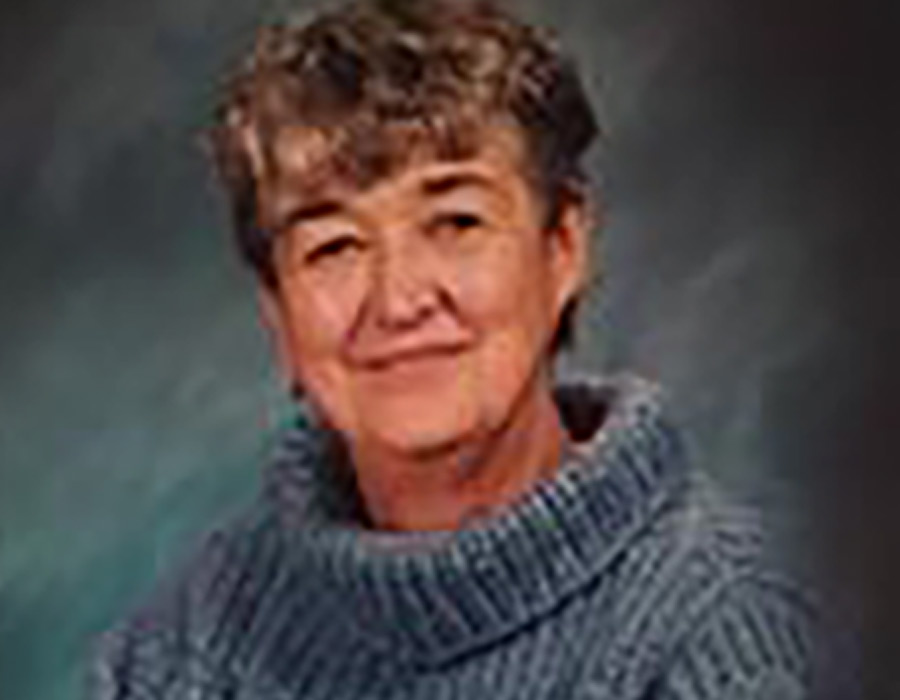
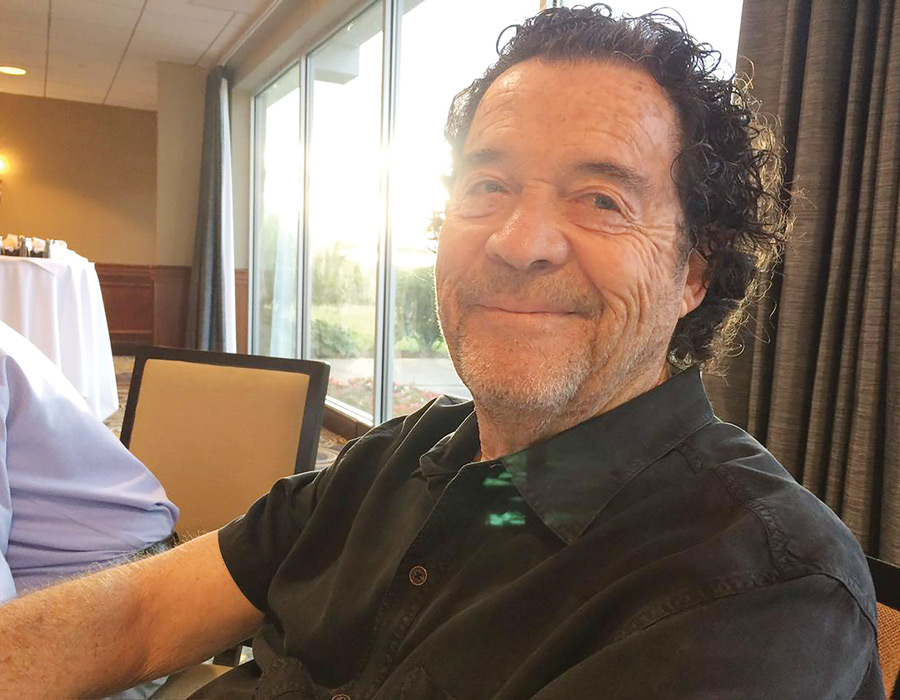
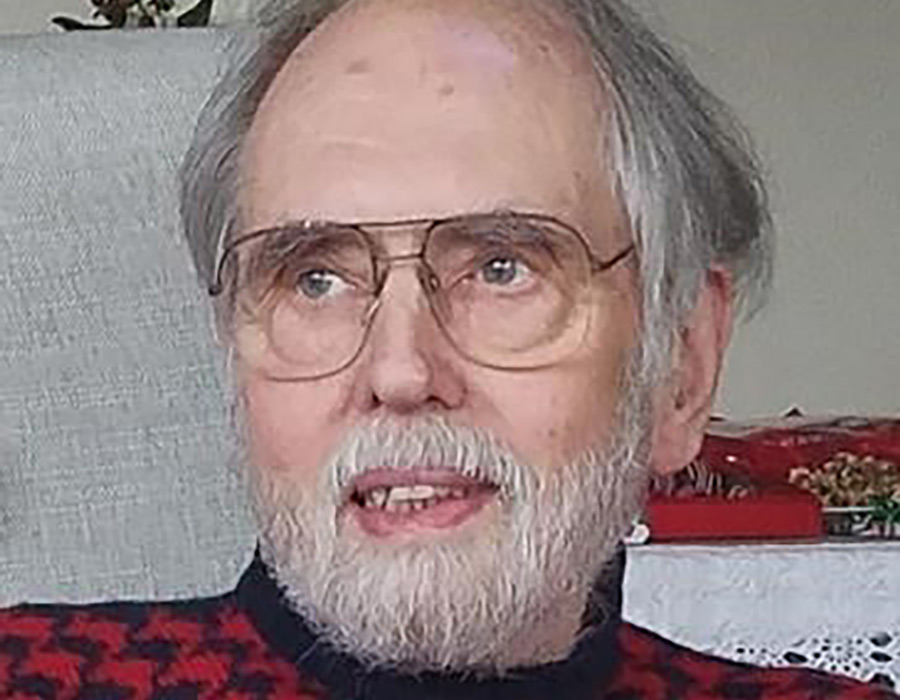
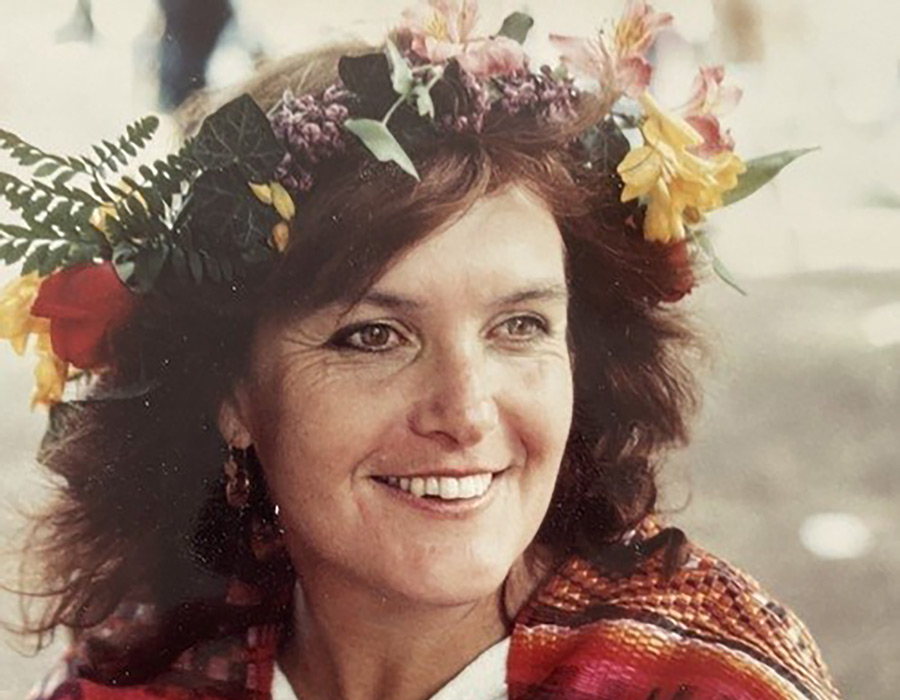
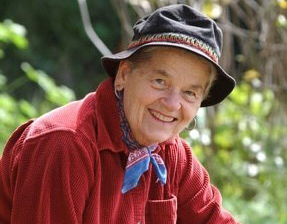
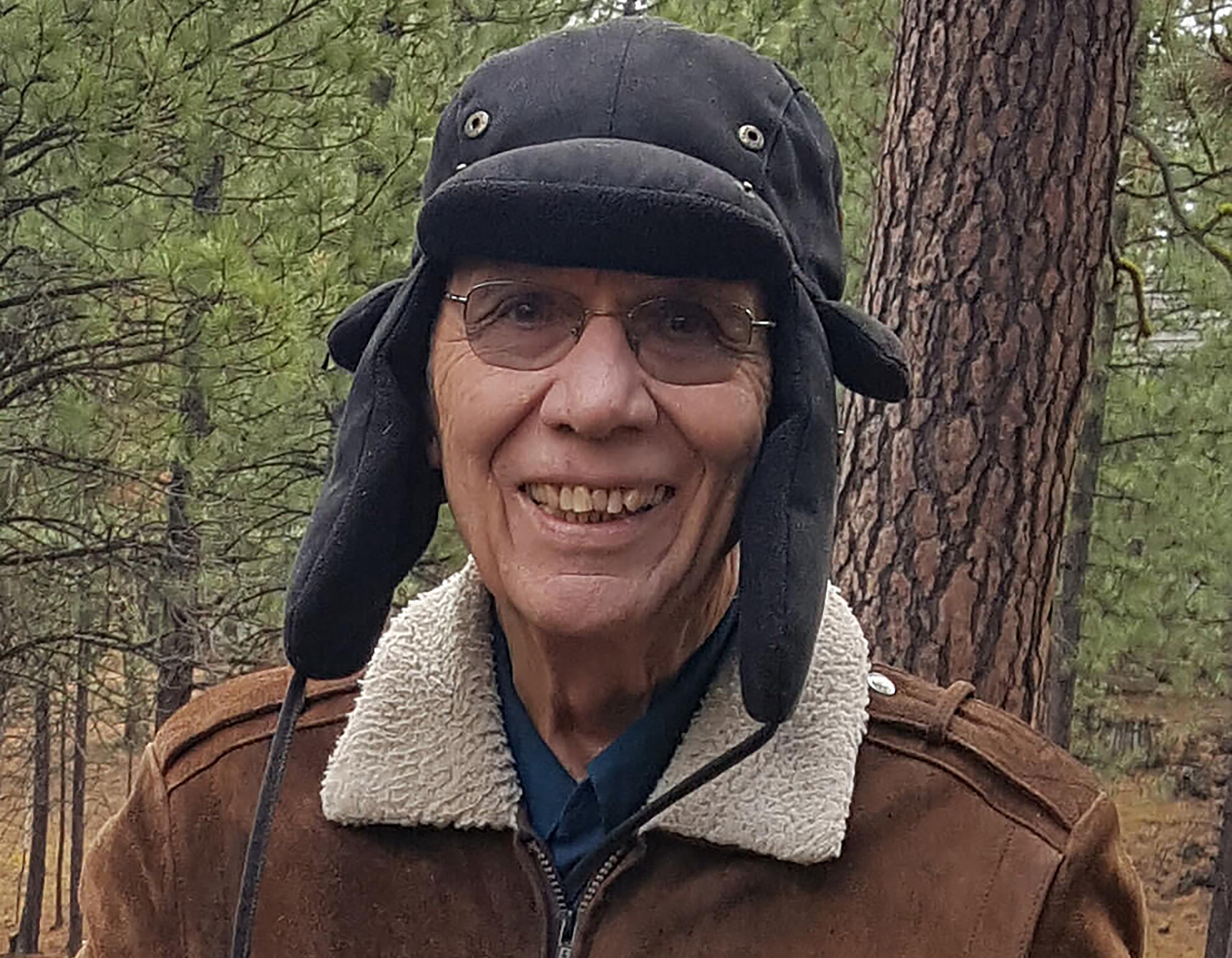
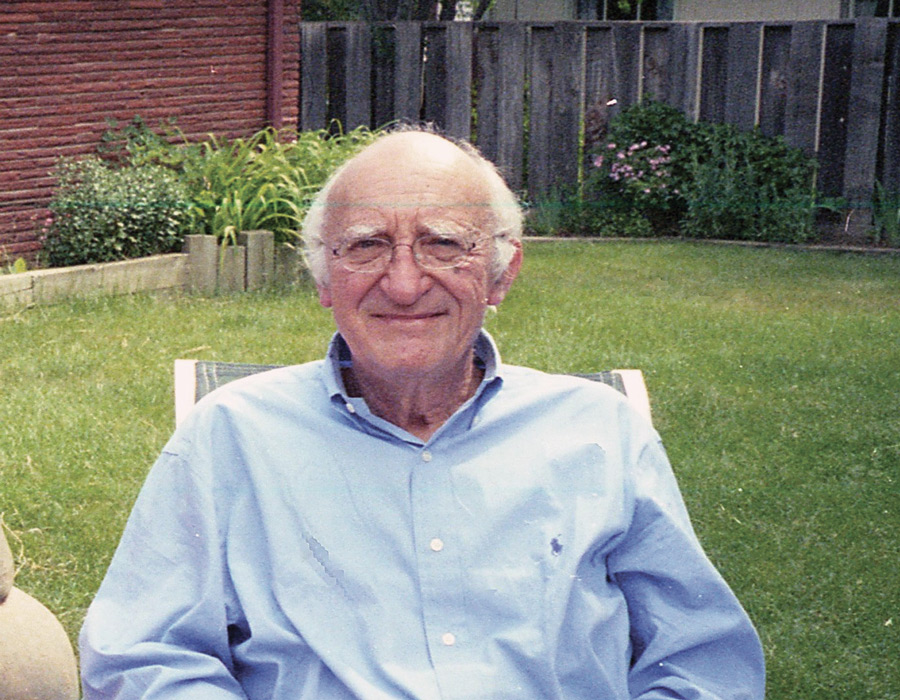
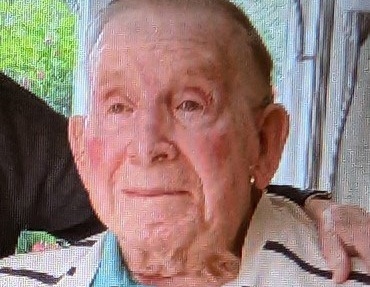
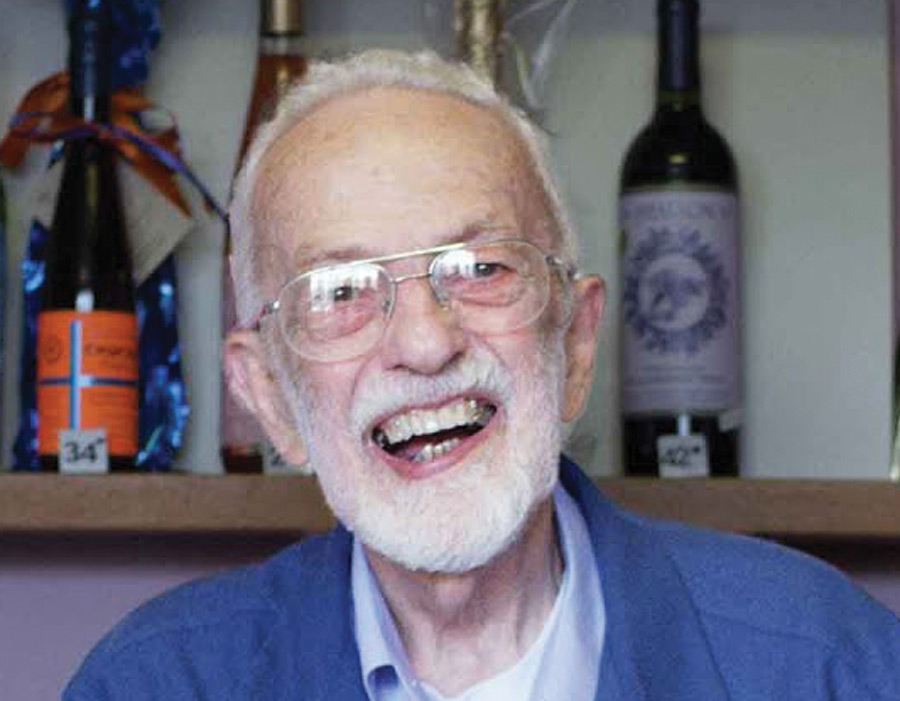
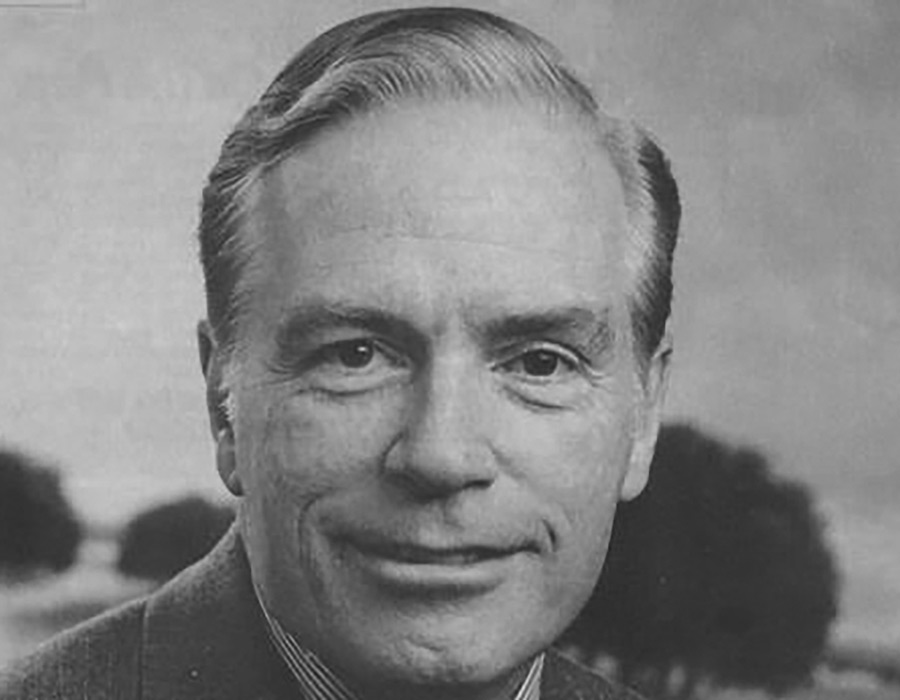
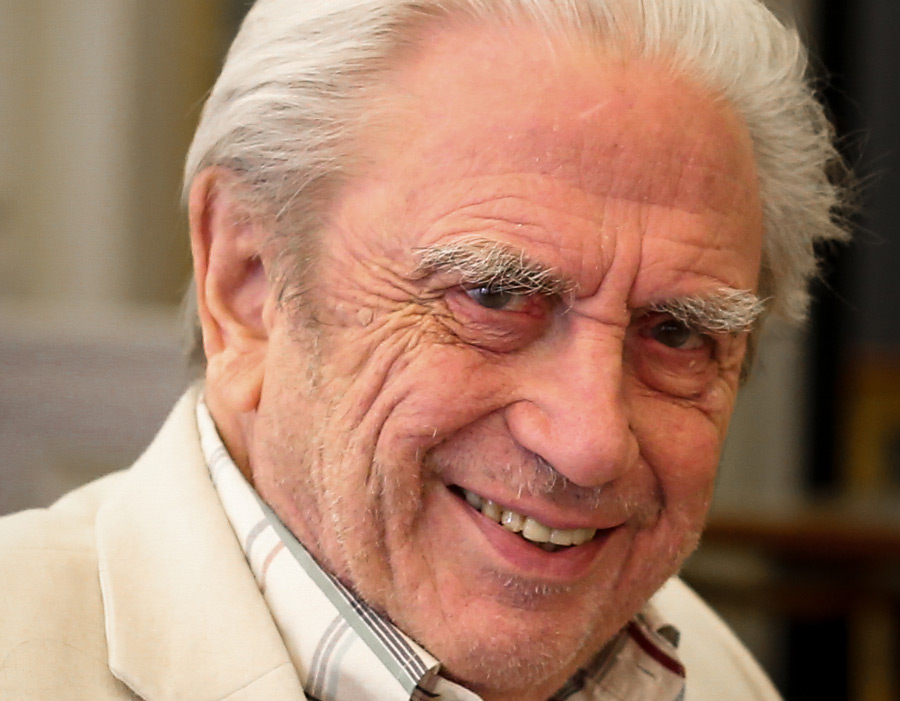
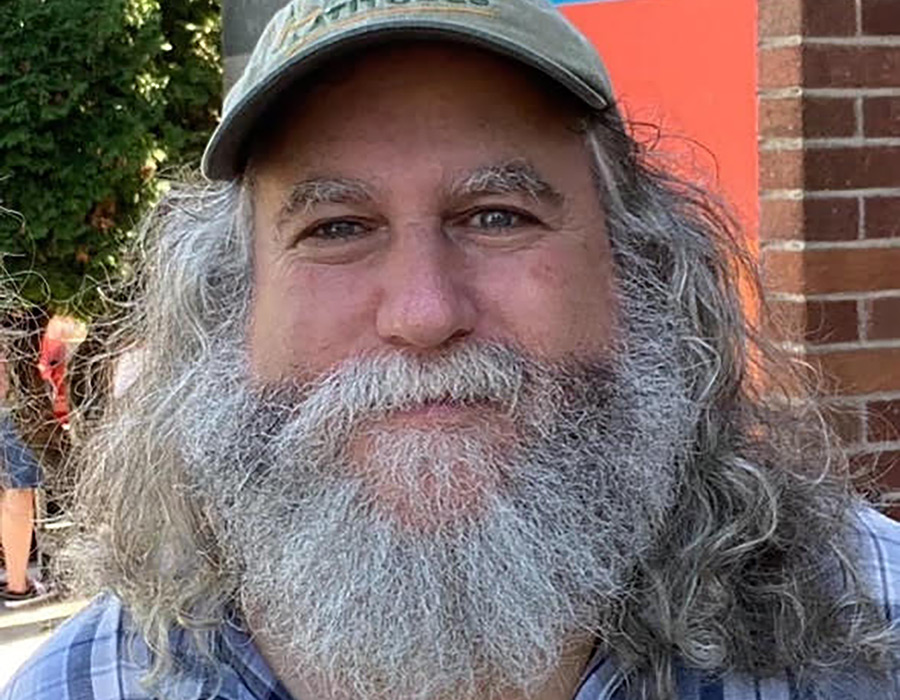



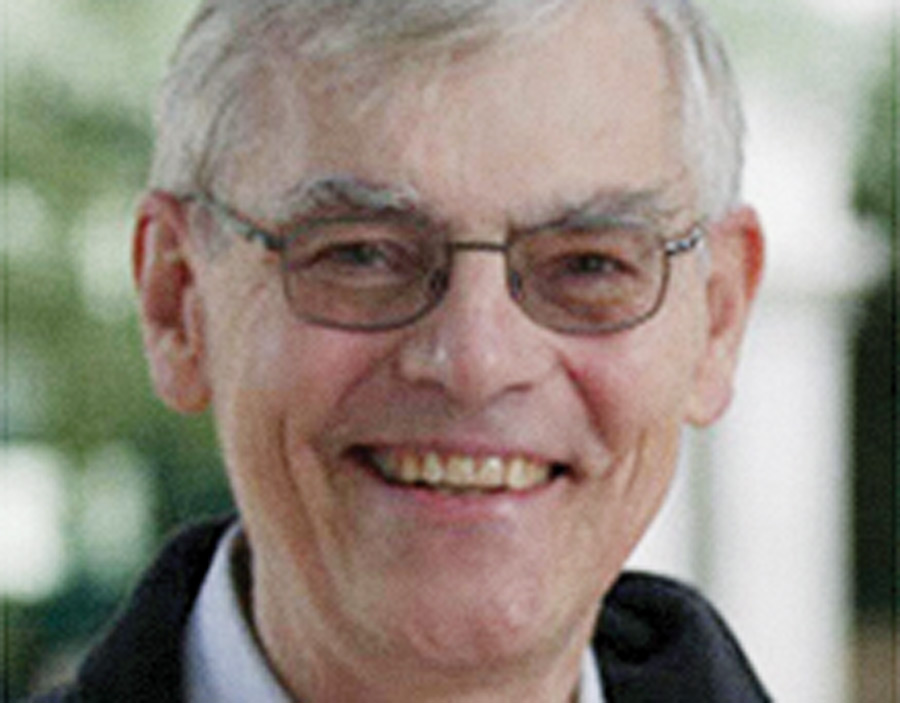

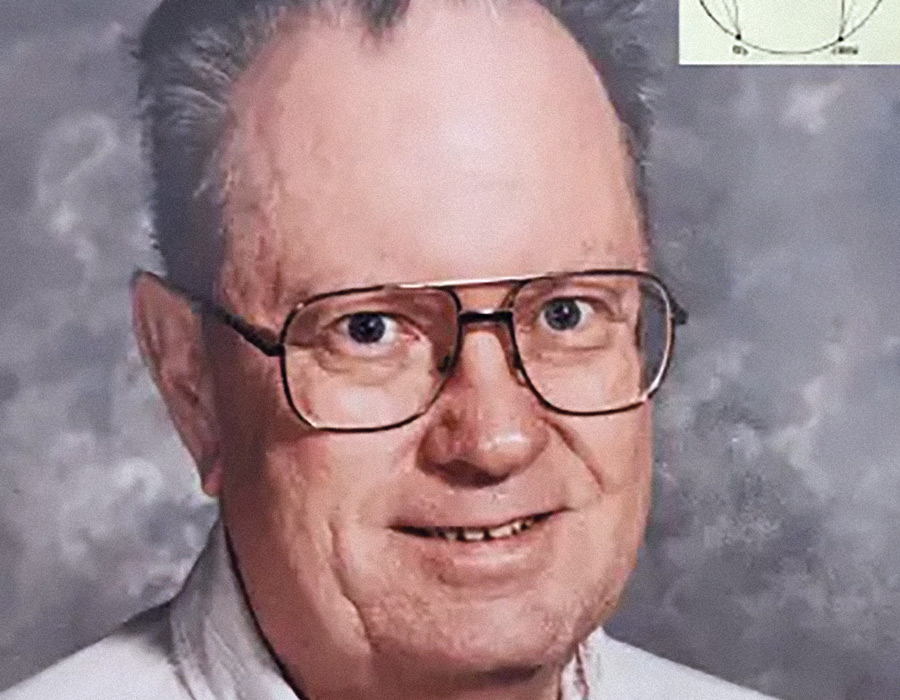
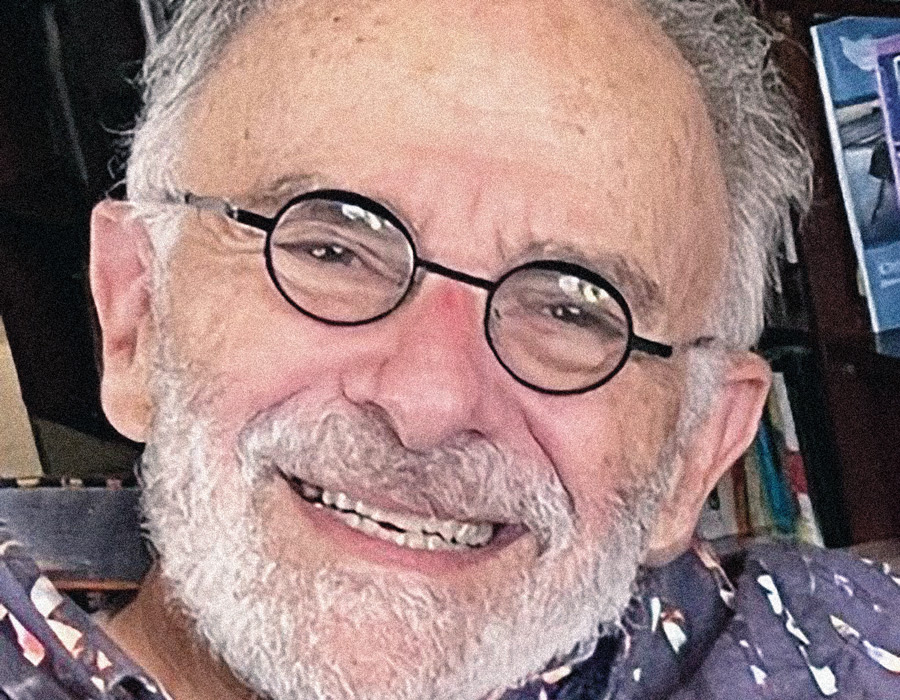
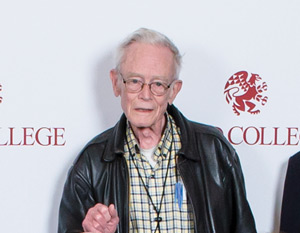
![Photo of Prof. Laurens Ruben [biology 1955–92]](https://www.reed.edu/reed-magazine/in-memoriam/assets/images/Larry-Ruben-copy.jpg)
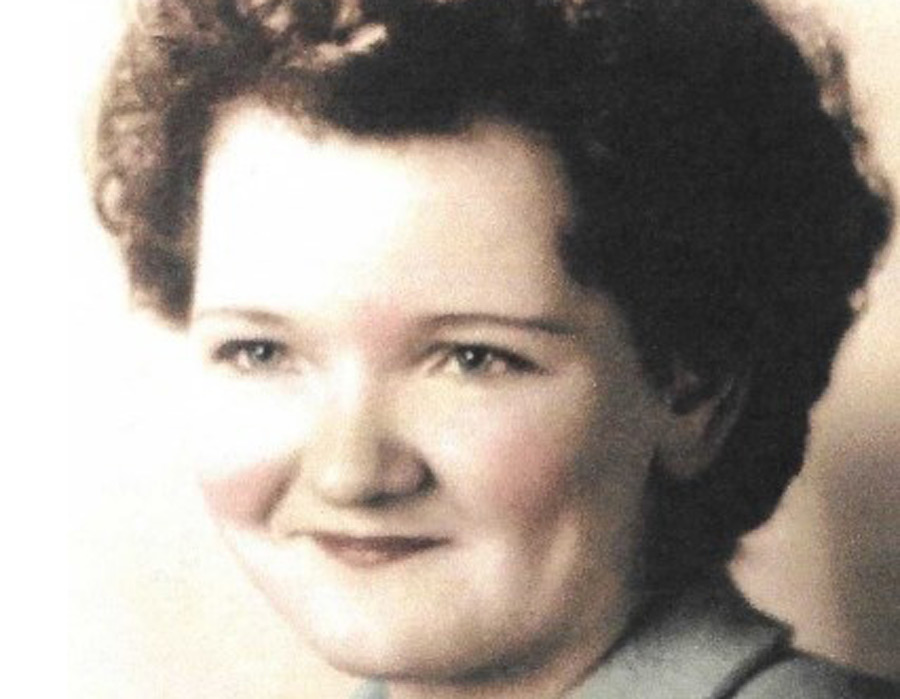
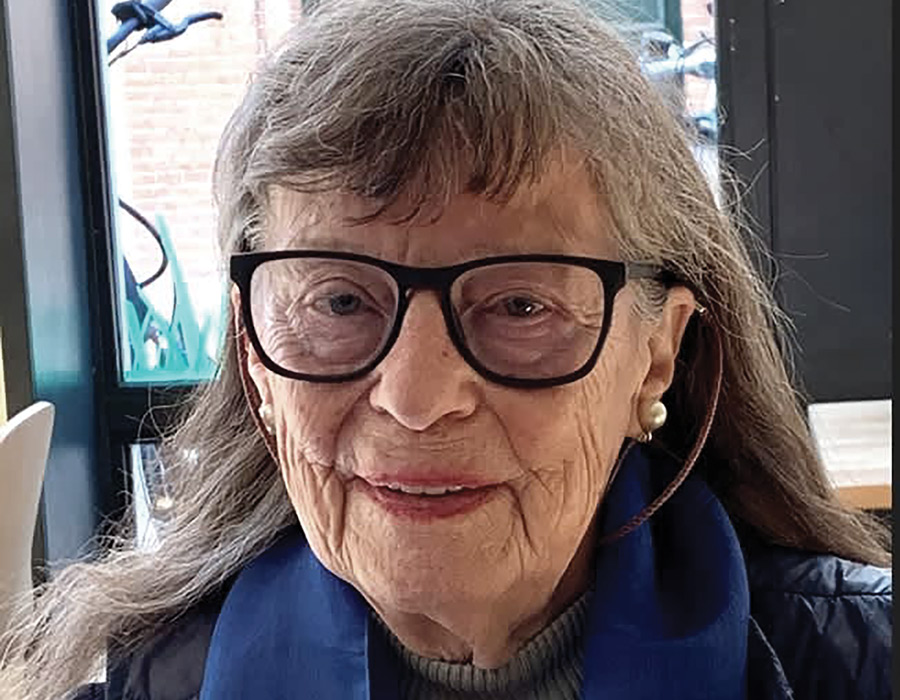
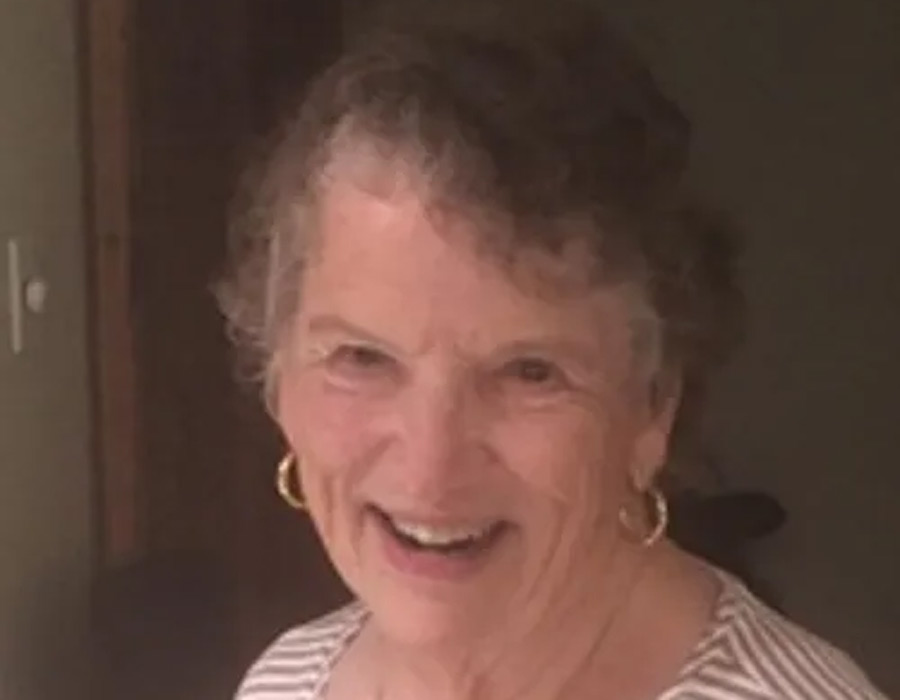
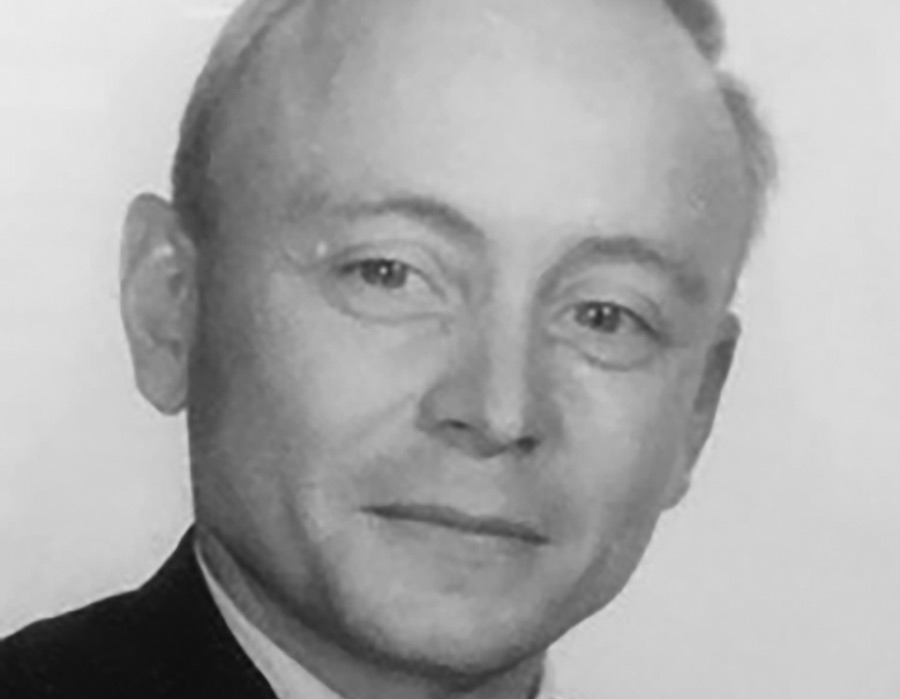
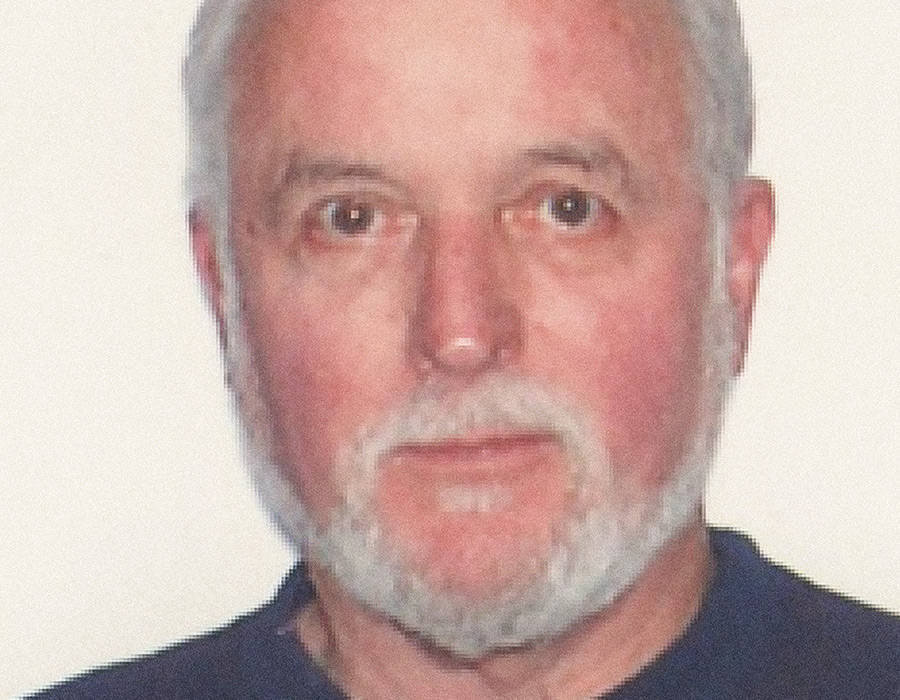
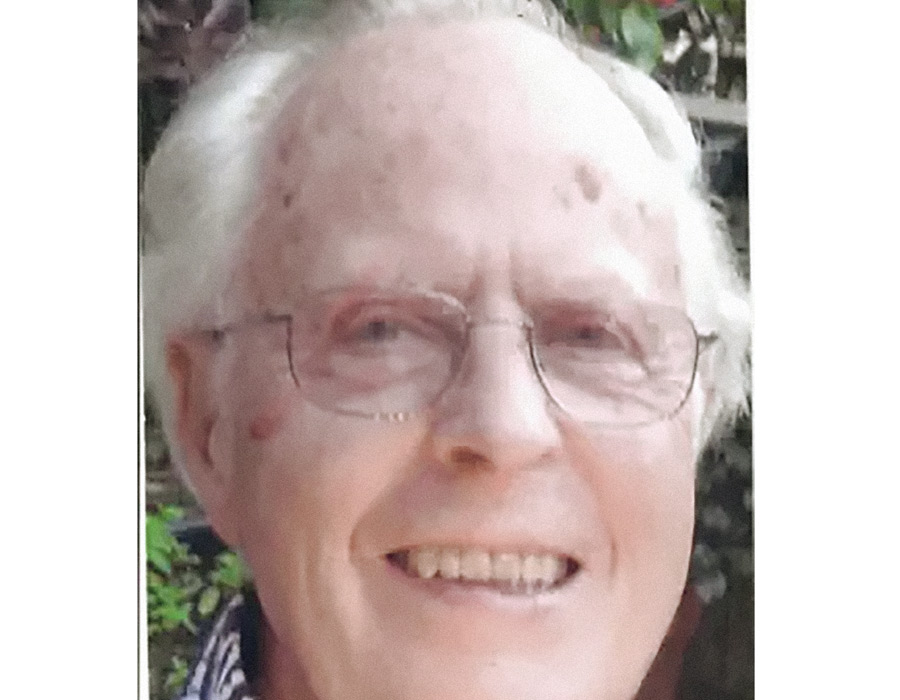
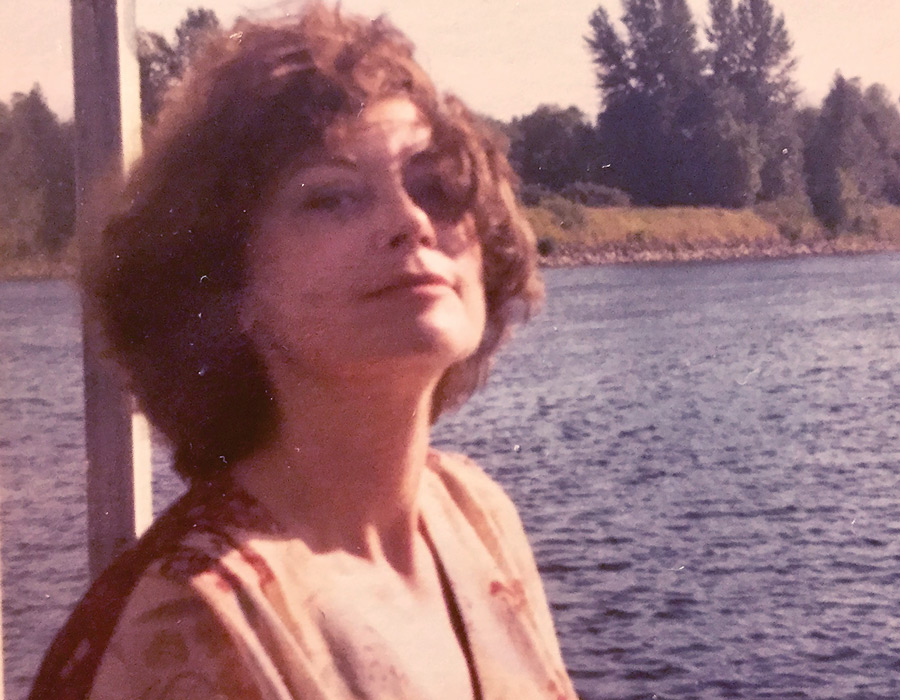
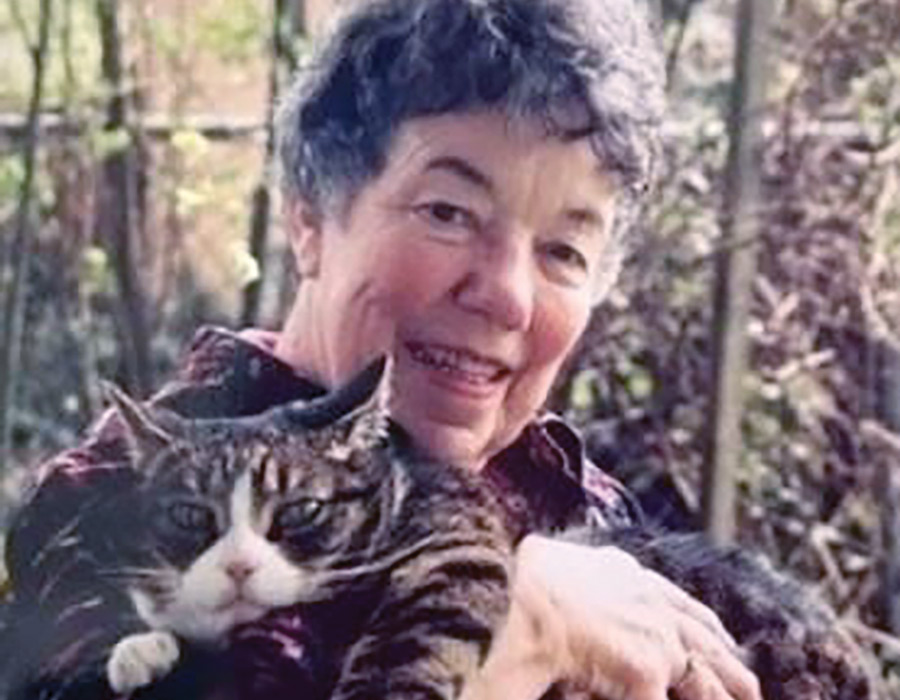
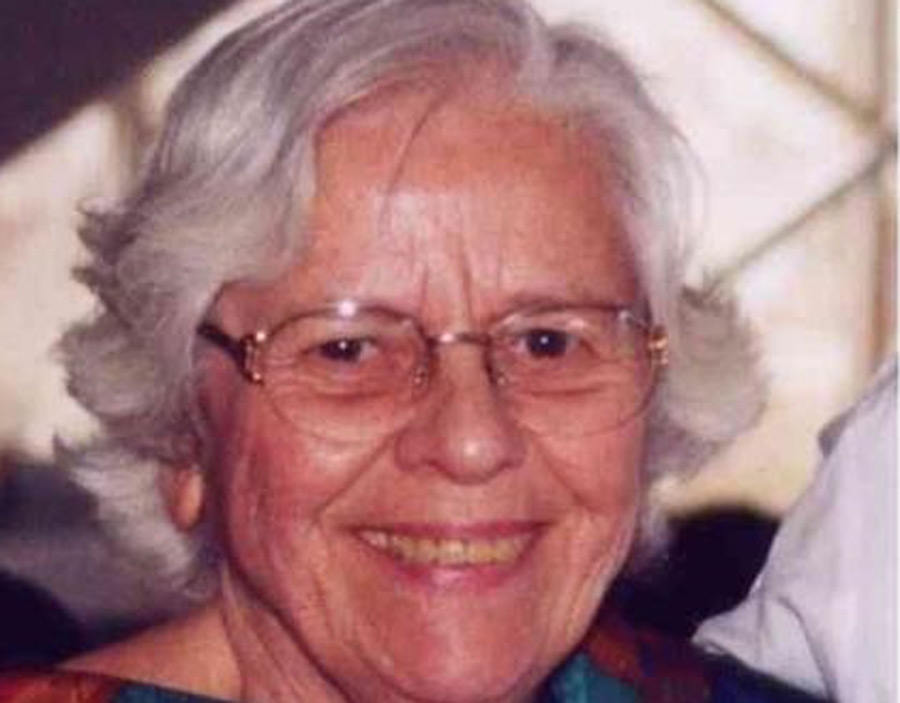
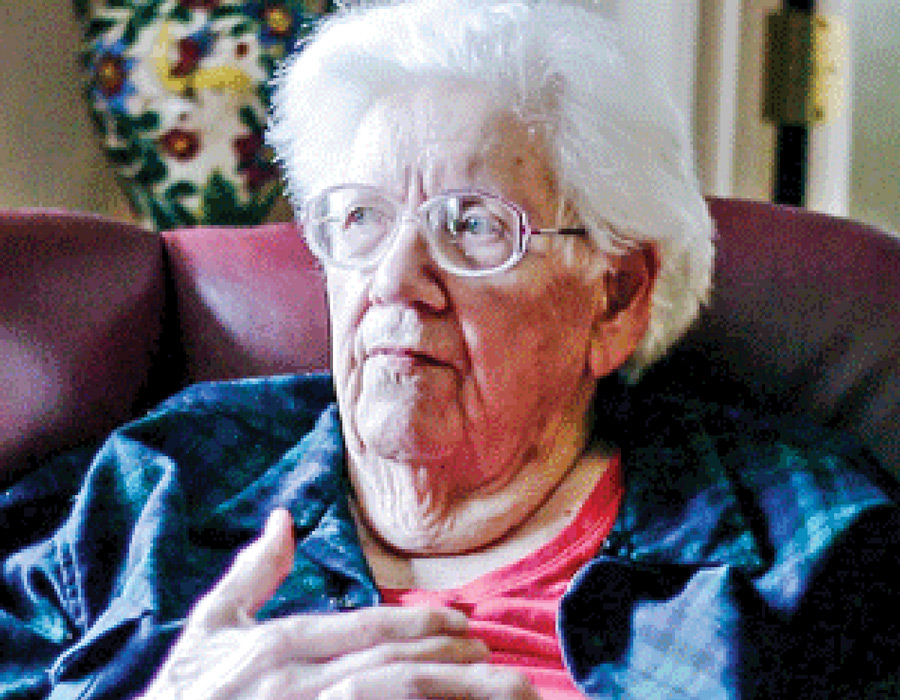
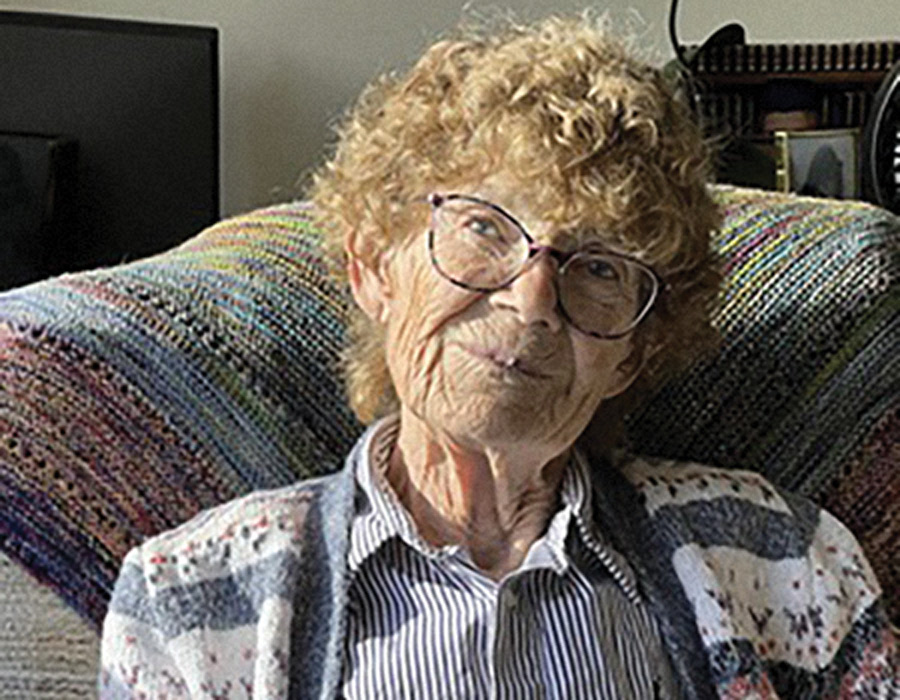
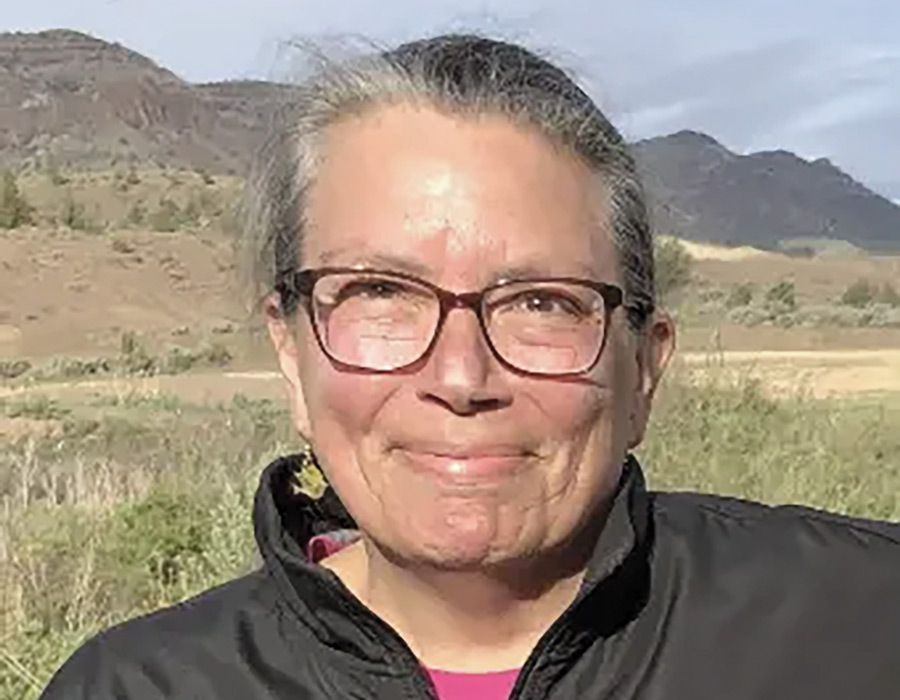
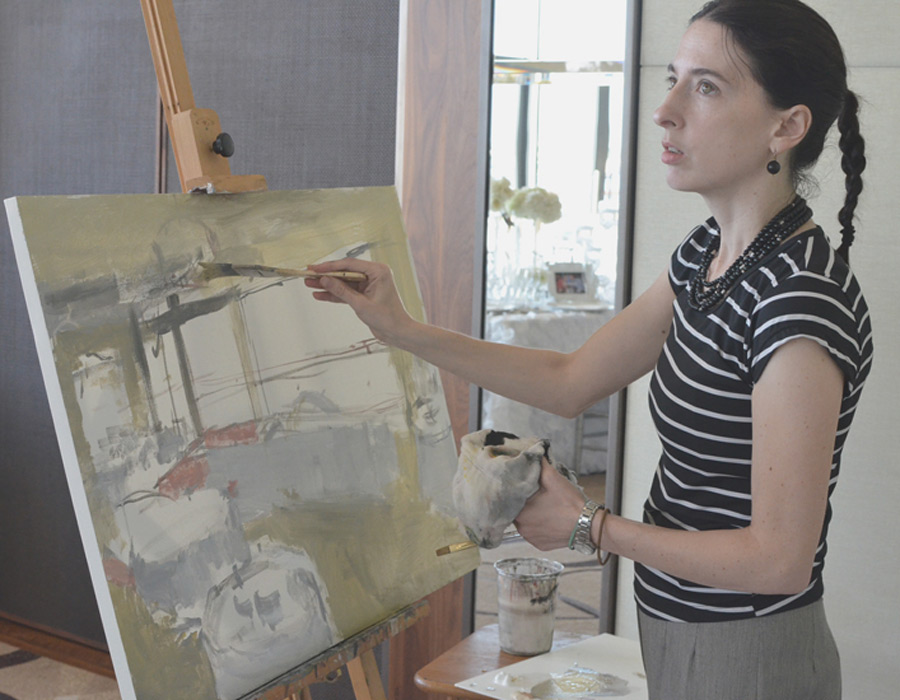
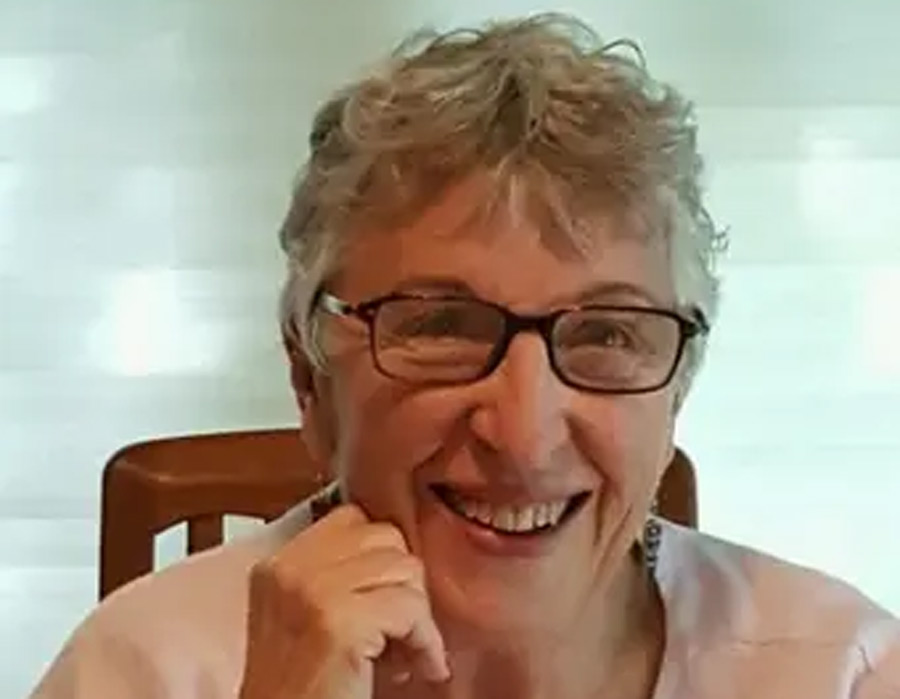

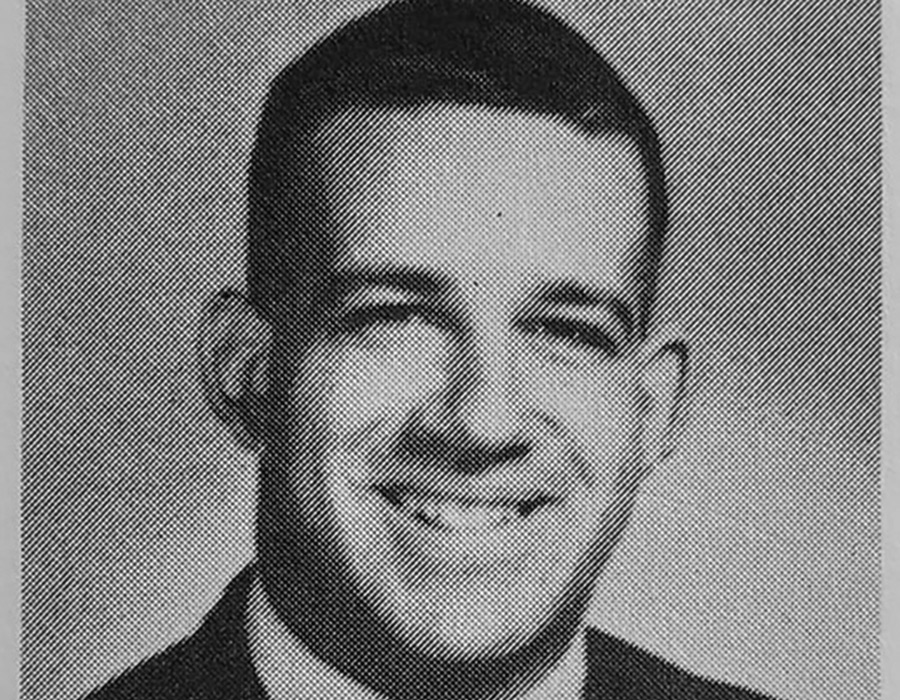
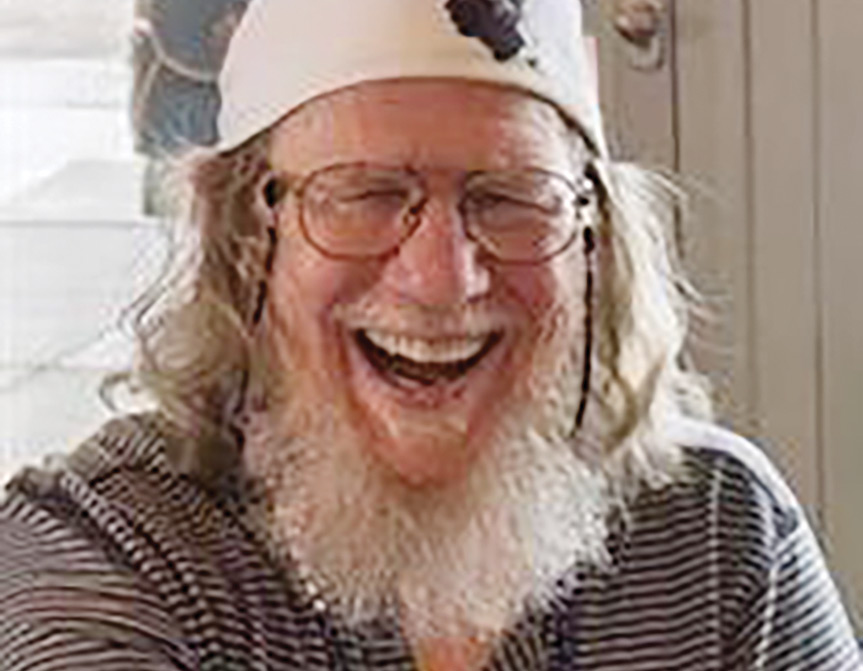
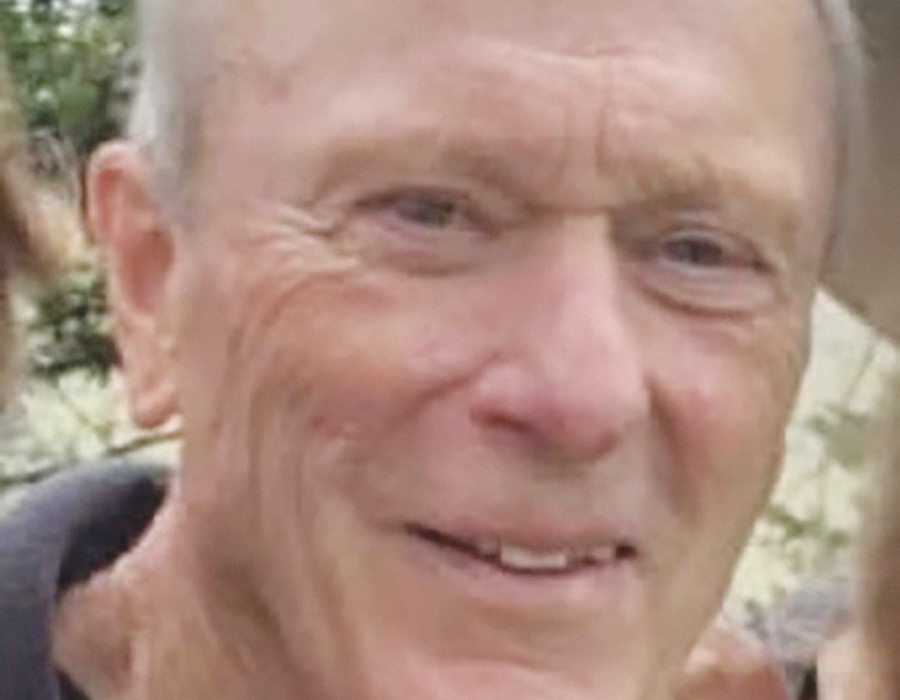
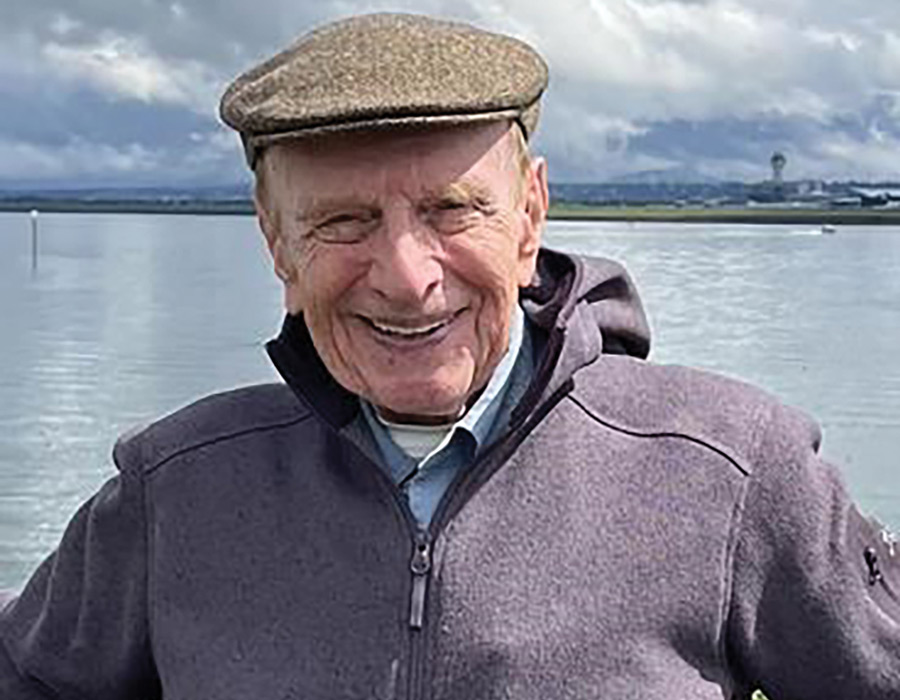
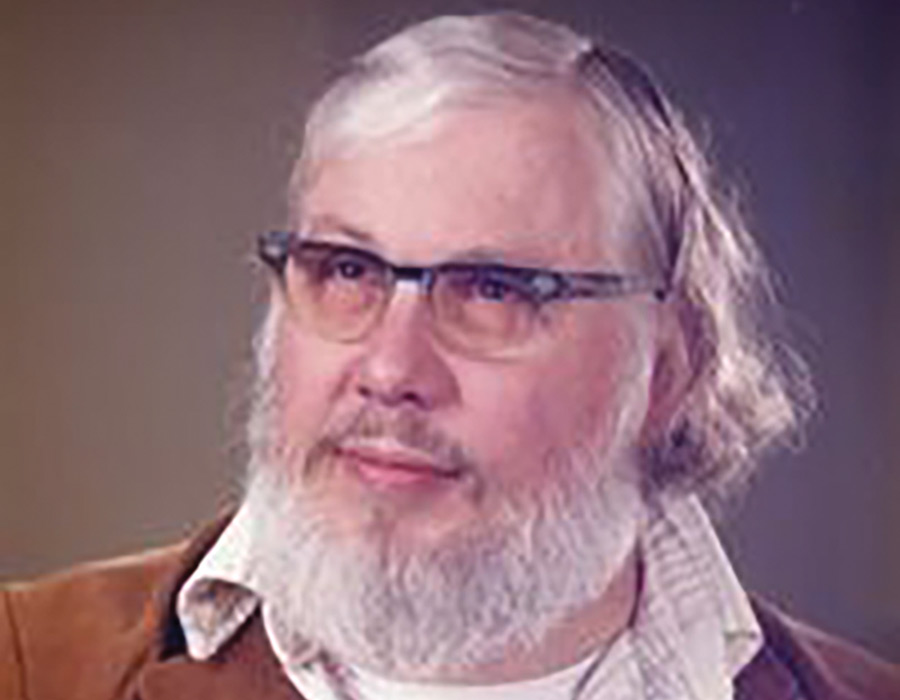
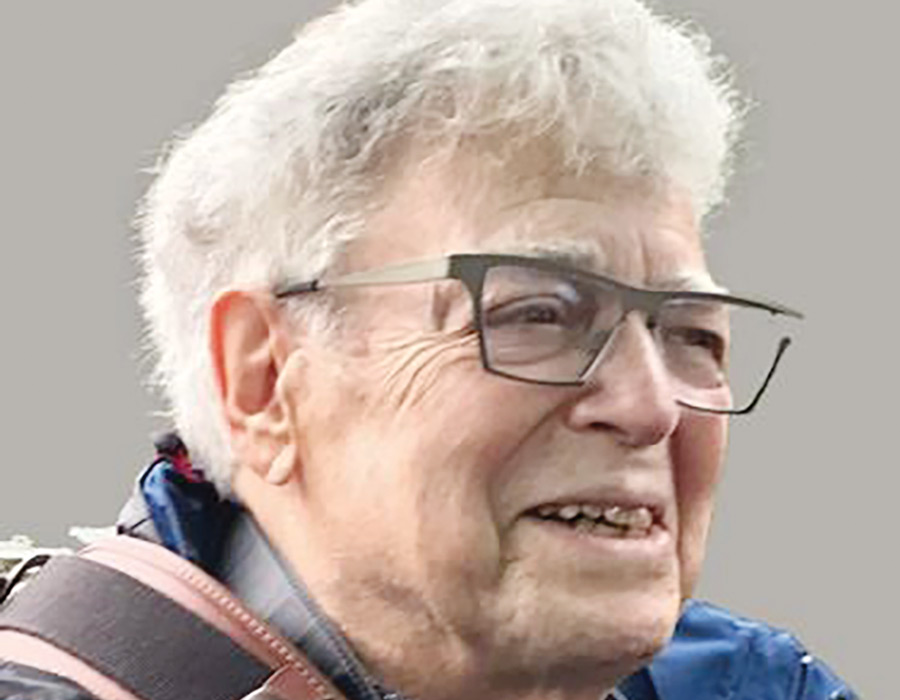
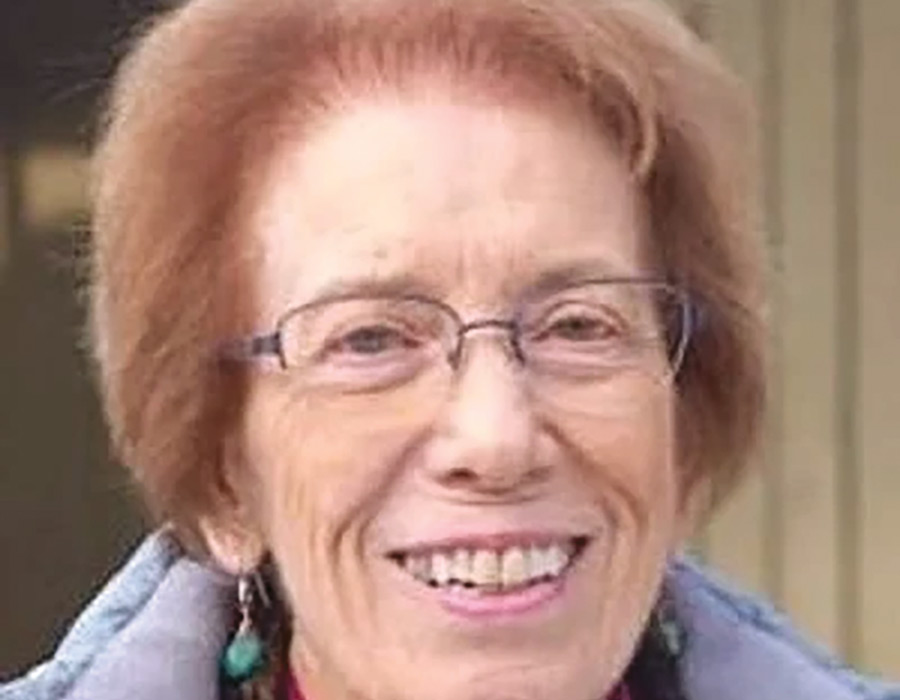
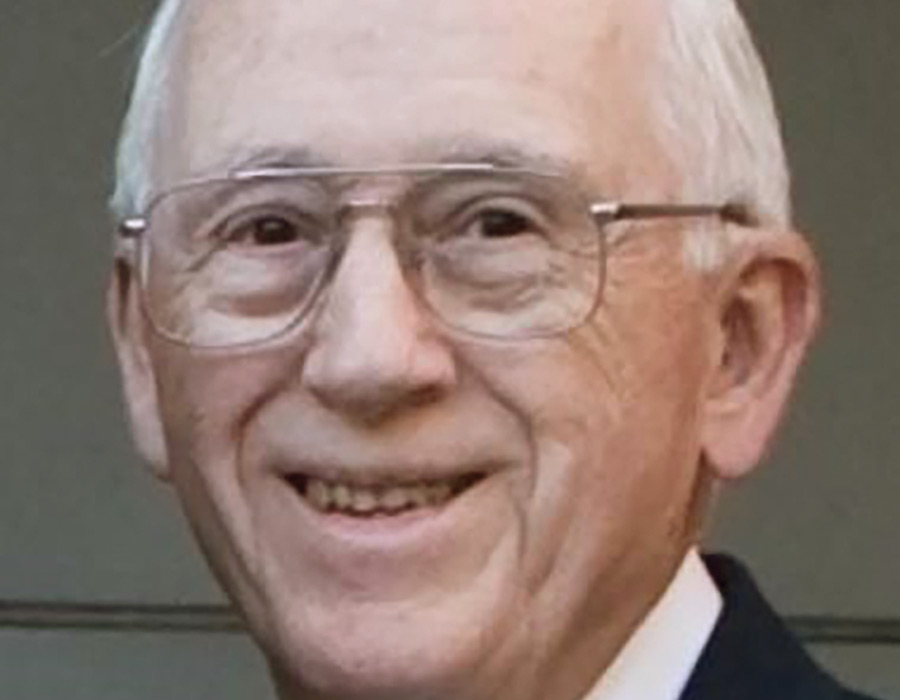
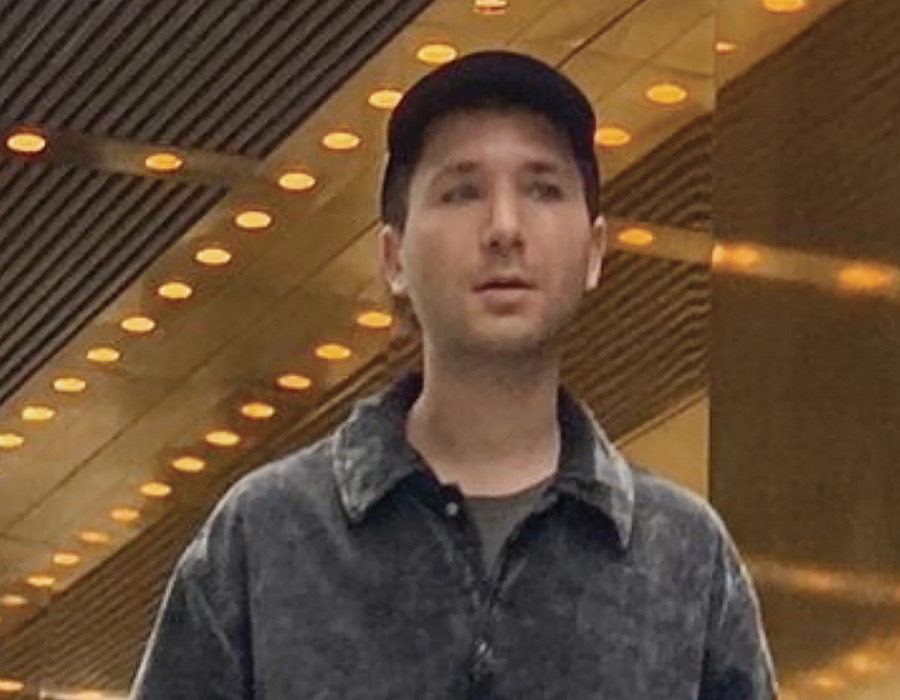
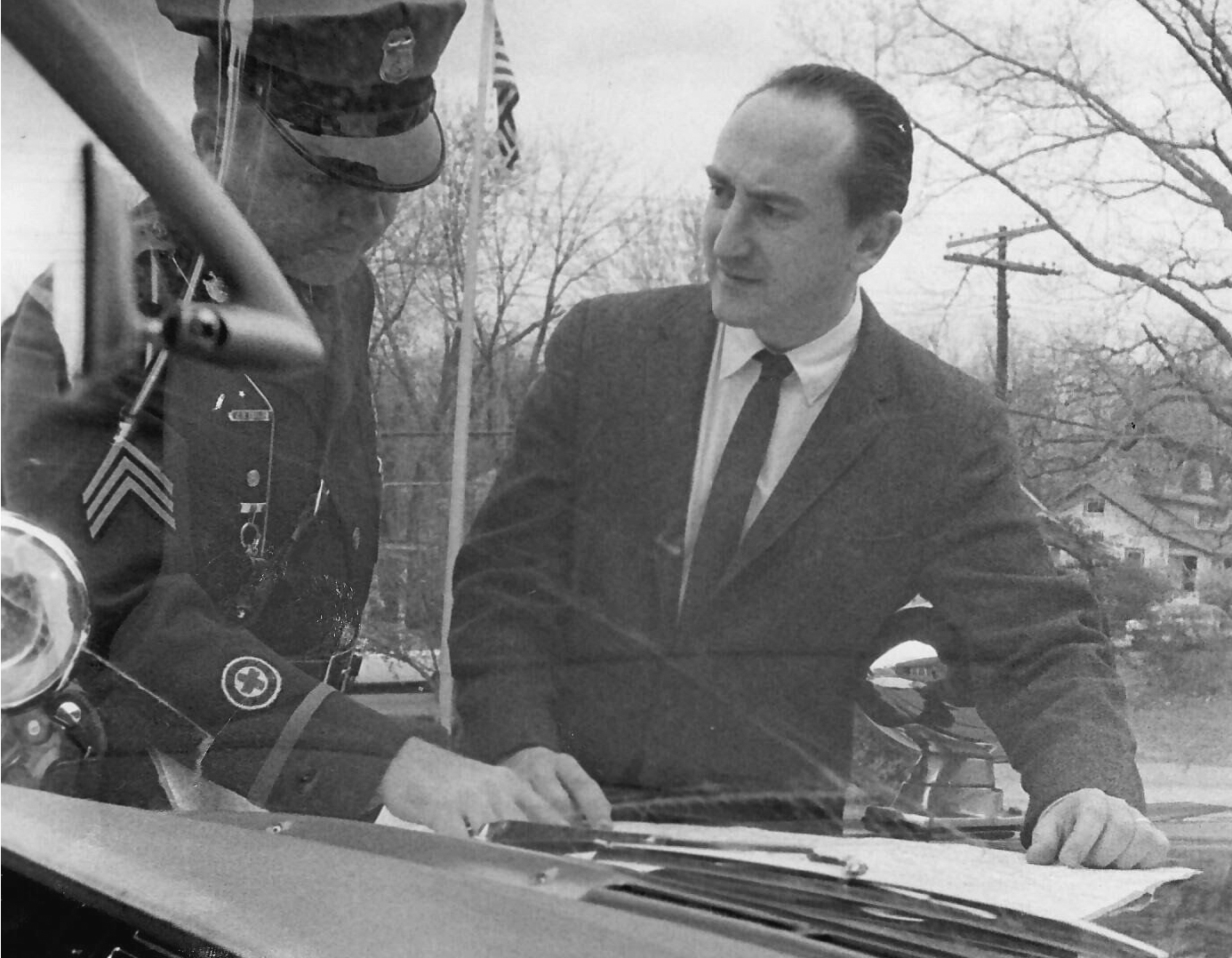

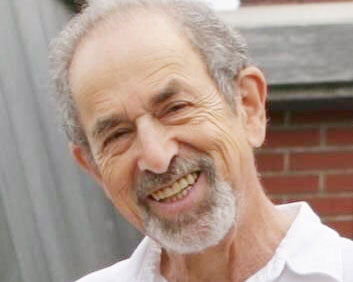
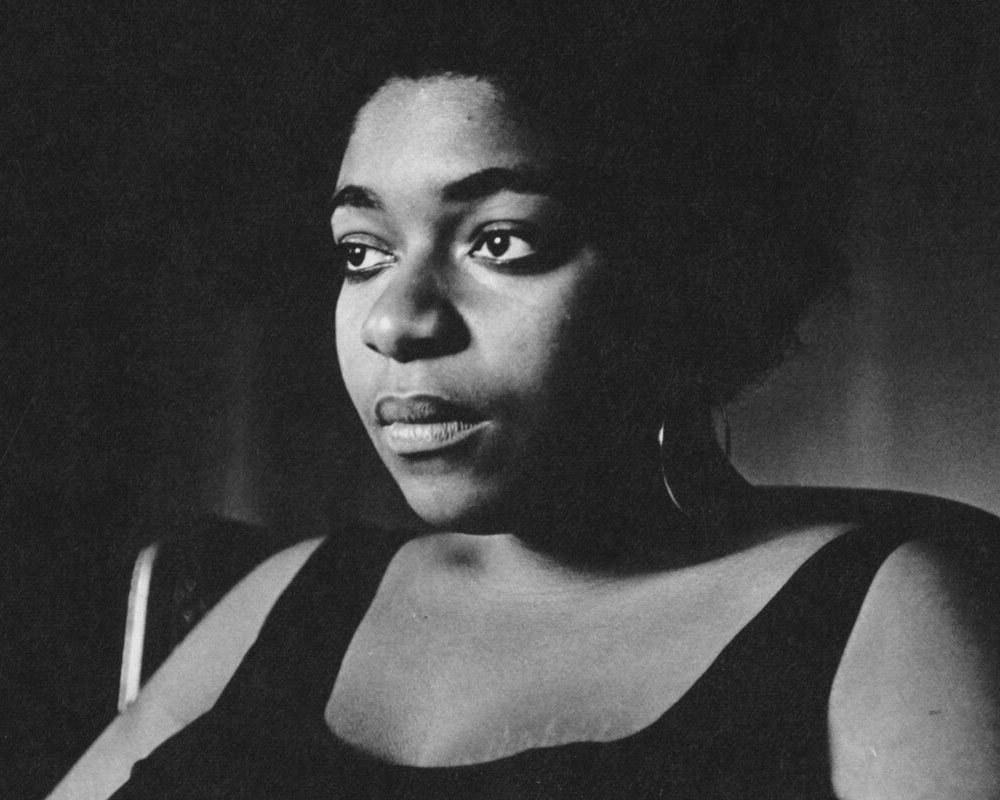


![Photo of Prof. Marvin Levich [philosophy 1953–94]](https://www.reed.edu/reed-magazine/in-memoriam/assets/images/2022/LTL-levich1.jpg)
![Photo of President Paul E. Bragdon [1971–88]](https://www.reed.edu/reed-magazine/in-memoriam/assets/images/2020/Bragdon.jpg)
![Photo of Prof. Edward Barton Segel [history 1973–2011]](https://www.reed.edu/reed-magazine/in-memoriam/assets/images/2020/Segel.jpg)








































































